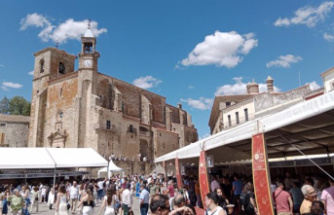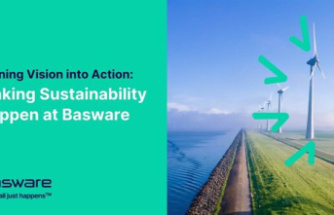The New York Times writes about how polluted the air is in London, and blames it on diesel and bicycles.
Diesel engines get better mileage than gasoline cars, and therefore produce less CO2. They were seen by European regulators as a good way to reduce dependence on oil. And unfortunately they have proven to be very popular. Kimiko de Freytas-Tamura writes in the New York Times:
The British government provided financial incentives to encourage a shift to diesel engines because laboratory tests suggested that would cut harmful emissions and combat climate change. Yet, it turned out that diesel cars emit on average five times as much emissions in real-world driving conditions as in the tests, according to a British Department for Transport study.
But nobody realized at the time how dangerous Nitrogen Dioxide and PM2.5 particles were, and how many people would be killed or sickened by the pollution. It is now linked to 23,500 deaths each year.
Unfortunately, the Times also mentions the complaints of drivers that bike lanes are responsible for much of the pollution, writing that “there is a growing debate over whether bike lanes make congestion and pollution worse by forcing more cars into fewer lanes and increasing the amount of time they remain stationary.” There actually isn’t much of a debate at all, just a few anti-bike whiners. She quotes MP Rob Flello, who is chair of the All-Party Parliamentary Group on Freight Transport and a defender of the trucking industry, who is also in receipt of about $40,000 in industry donations.
The Times did not print any criticism of Flello and just left it hanging, but Road.CC notes some of the pushback and quotes Roger Geffen OBE, policy director at Cycling UK:
Cycling is a highly efficient way to use road-space – a typical traffic lane can accommodate 2,000 cars per hour, or 14,000 bicycles. Cycle lanes won’t be used all the time, in the same way that outbound traffic lanes and outbound public transport services aren’t heavily used during the morning. That doesn’t mean they are inefficient: far from it. Nor are they adding to congestion and pollution. On the contrary, congestion and pollution are both greatly reduced compared to what we’d have if all those people were travelling by cars, taxis or buses.
In response to the pollution problem, London Mayor Sadiq Khan is introducing a special new charge of £10 to drive into London in a pre-2006 car, diesel or gas, that doesn’t meet the Euro-4 standard. He is quoted in the Guardian:
“It’s staggering that we live in a city where the air is so toxic that many of our children are growing up with lung problems. If we don’t make drastic changes now we won’t be protecting the health of our families in the future
The problem is, we now all know that the Euro-4 standard is meaningless because the car manufacturers cheated on the tests and even those cars that actually comply legally still put out much more pollution than they tested at. Four capital cities ( Paris, Athens, Madrid, and Mexico City) have announced total bans on diesel by 2025, and and Doctors against Diesel says London should to. Professor Jonathan Grigg from Doctors Against Diesel told the BBC:
Deaths from paediatric asthma are disproportionately much higher in London than the rest of Europe. Air pollution levels in London exceed legal limits and affect people's health at every stage of life. If we want to be serious about air pollution we need to be serious about diesel.
North Americans were lucky, diesel cars never really caught on there. But diesel trucks and buses spew out black clouds of the stuff. Perhaps we need a 2025 ban on diesel everywhere- and build more bike lanes.
Our editors found this article on this site using Google and regenerated it for our readers.













